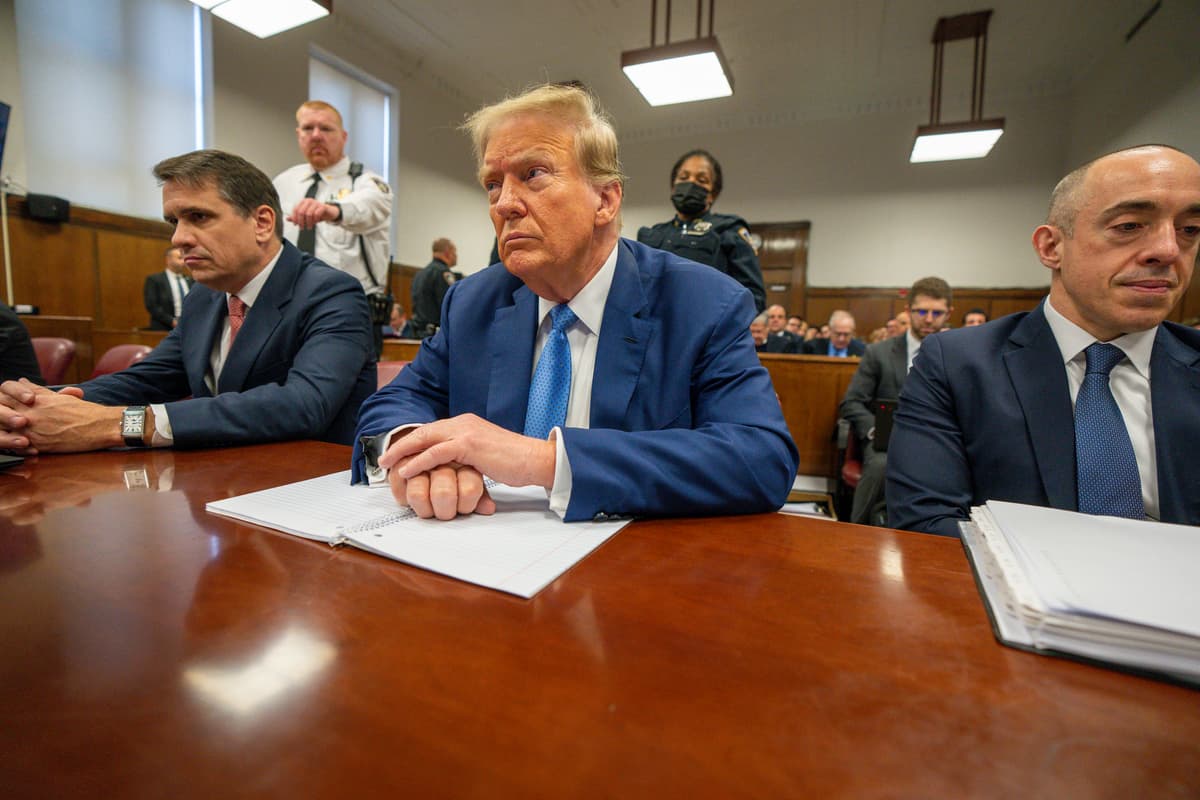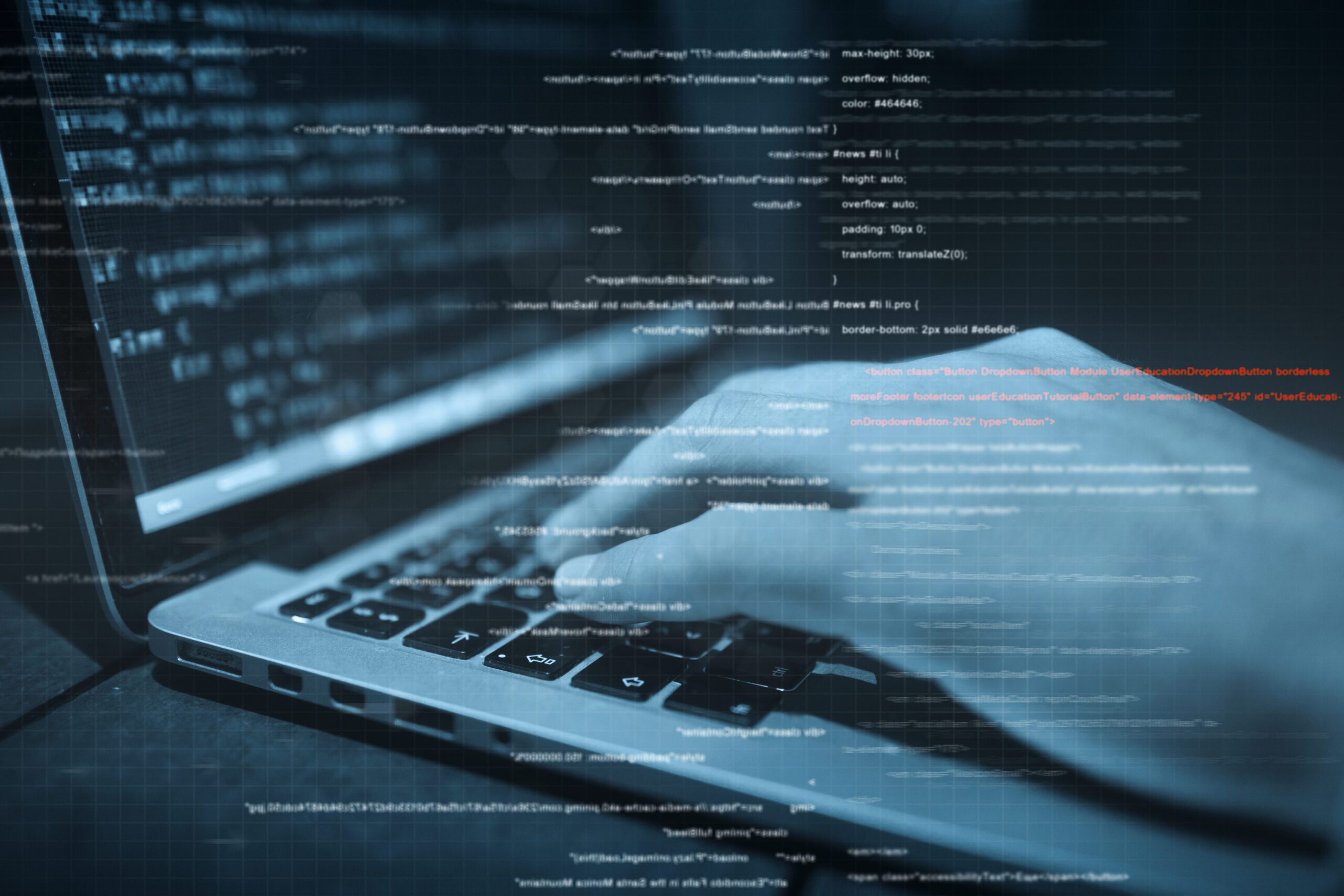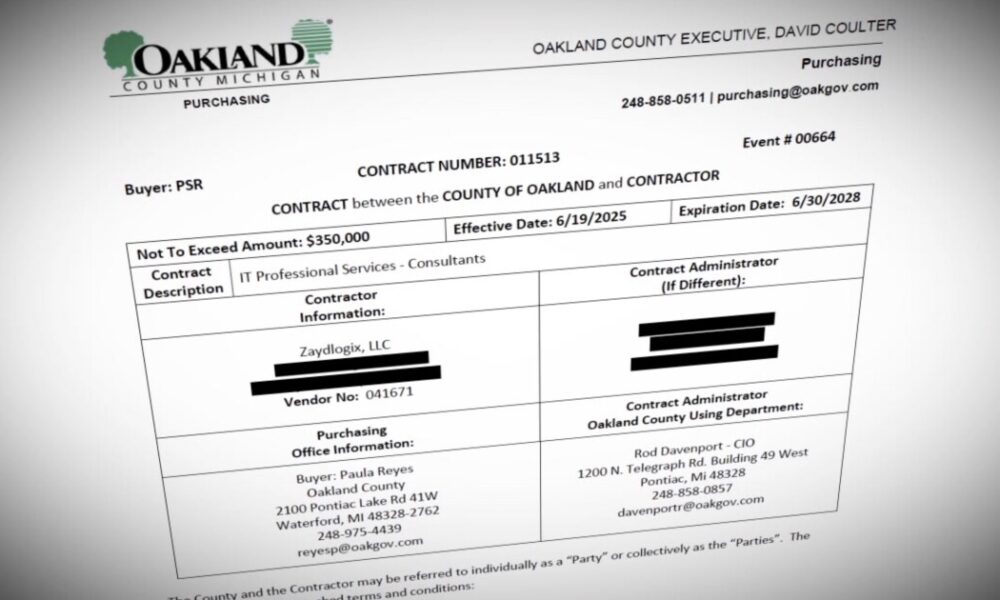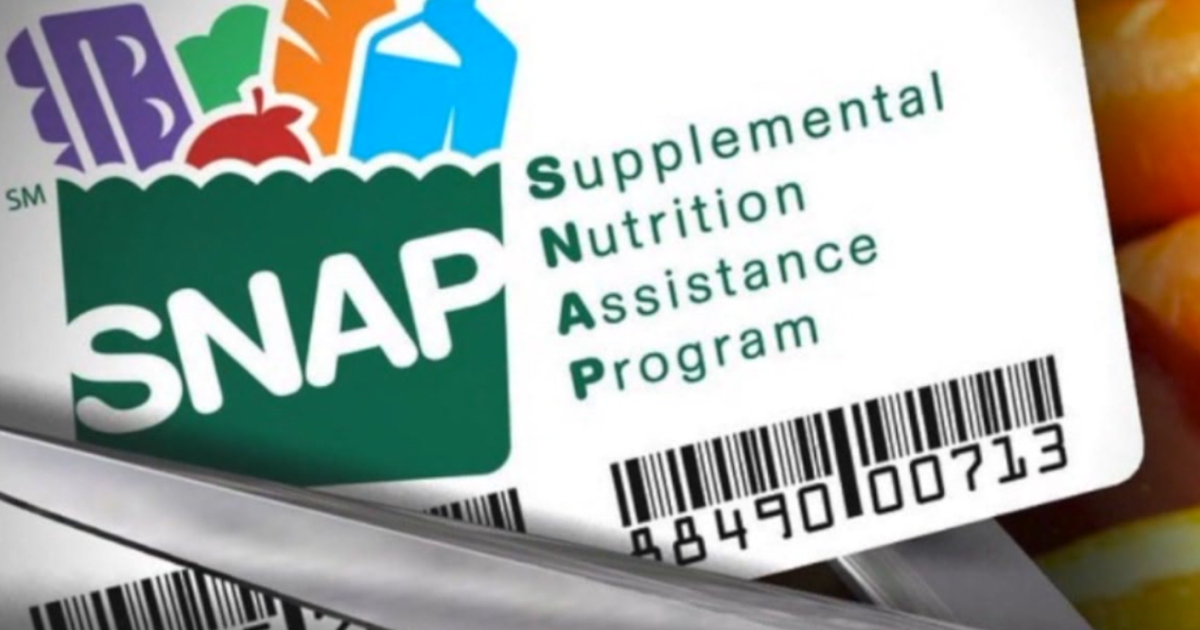URGENT UPDATE: In a significant legal breakthrough, former President Donald Trump has won a unanimous ruling from the Second United States Appeals Court, potentially paving the way for the dismissal of his 34 felony convictions related to hush money payments in the Stormy Daniels case. This ruling allows Trump another chance to assert a presidential immunity defense in federal court.
The appellate panel, composed entirely of Democratic appointees, has instructed federal trial judge Alvin Hellerstein to re-evaluate whether key issues were adequately considered in the case. The decision comes after two prior rejections by Hellerstein, who ruled that Trump’s actions were “private unofficial acts” not connected to his federal duties.
The court’s statement emphasizes, “We leave it to the able and experienced District Judge to decide whether to solicit further briefing from the parties or hold a hearing.” Importantly, the ruling does not imply how Hellerstein should ultimately resolve the motion, leaving the door open for further legal maneuvering.
This ruling represents a vital victory for Trump, who has been fighting to transfer his case to what he describes as an “unbiased federal forum.” Judge Hellerstein had previously denied this request, emphasizing that private dealings with private actors do not fall under presidential immunity. However, the Appeals Court found that Hellerstein’s analysis may have overlooked crucial evidence, including testimony from former aide Hope Hicks, which could relate to immunized official acts.
The implications of this ruling extend beyond the courtroom. Trump is concurrently appealing his state court convictions under the guidance of Judge Juan Merchan, who has dismissed the relevance of presidential immunity, noting the case centers on private actions. Trump’s legal team argues that Merchan, who has faced scrutiny for political contributions to Democrats, should have recused himself from the case.
One contentious element of this case is the jury instruction provided by Merchan, which allowed jurors to convict Trump of a felony without unanimously agreeing on the nature of a second crime. This has raised concerns about the legality of the verdict, referencing the 2020 Supreme Court decision in Ramos v. Louisiana, which mandates unanimous jury decisions in criminal cases.
As the legal battles continue, the focus shifts to how Hellerstein will respond to the Appeals Court’s directive. The urgency of this case is heightened by the political landscape, with Trump facing trials in heavily Democratic jurisdictions, where federal courts are perceived as more favorable for defendants.
Legal experts and political analysts are closely monitoring these developments, as Trump’s ability to overturn his convictions could significantly impact his political future leading into the upcoming elections. As this story unfolds, the implications of the Appeals Court’s ruling on Trump’s legal strategy and the broader political implications will be pivotal.
Stay tuned for more updates on this developing situation, as the outcome may reshape the legal landscape for Trump and influence the upcoming electoral season.







